AI-driven SEO refers to the use of artificial intelligence (AI) technologies and techniques to enhance search engine optimization (SEO) efforts. This approach leverages AI algorithms, machine learning, natural language processing (NLP), and other AI-powered tools to analyze data, predict trends, and automate tasks in order to improve a website’s visibility and ranking in search engine results pages (SERPs). Here’s how AI-driven SEO works and some key components:
- Data Analysis: AI algorithms can analyze large volumes of data, including website traffic, user behavior, keyword trends, and competitor strategies. By processing this data, AI-driven SEO tools can identify patterns, correlations, and opportunities for optimization.
- Content Optimization: AI-powered tools can assist in optimizing website content for search engines and users. Natural language processing (NLP) algorithms help analyze the relevance, readability, and quality of content, suggesting improvements to enhance its SEO performance.
- Keyword Research: AI-driven keyword research tools use machine learning to analyze search queries, user intent, and historical data to identify relevant keywords and topics with high search volume and low competition. This helps SEO professionals prioritize keywords and create content that aligns with user queries.
- On-Page Optimization: AI algorithms can automatically identify on-page SEO elements that need improvement, such as meta tags, headings, alt text for images, and internal linking structures. This streamlines the optimization process and ensures that websites adhere to best practices for search engine ranking.
- Predictive Analytics: AI-driven SEO tools can predict changes in search engine algorithms and user behavior, allowing website owners to anticipate trends and adjust their SEO strategies accordingly. This proactive approach helps maintain or improve search rankings over time.
- Technical SEO: AI technologies can assist in technical SEO audits by identifying issues such as broken links, duplicate content, site speed issues, and mobile responsiveness problems. By automating these audits, AI-driven SEO tools help ensure that websites meet the technical requirements for optimal search engine performance.
- User Experience Optimization: AI algorithms can analyze user behavior and engagement metrics to assess the overall user experience (UX) of a website. By identifying areas for improvement, such as page load times, navigation structure, and mobile-friendliness, AI-driven SEO tools help enhance user satisfaction and retention.
Overall, AI-driven SEO combines the power of artificial intelligence with traditional SEO techniques to optimize websites for improved search engine visibility, user experience, and performance. By leveraging AI technologies, businesses can stay ahead of the competition and adapt to the evolving landscape of search engine algorithms and user preferences.


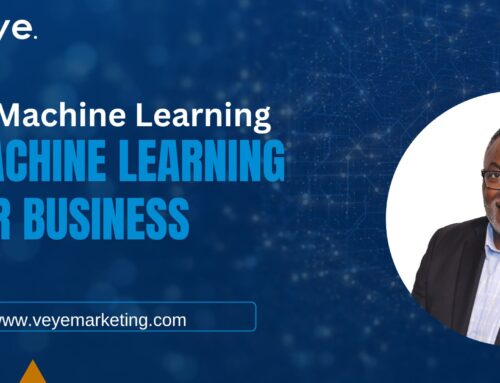
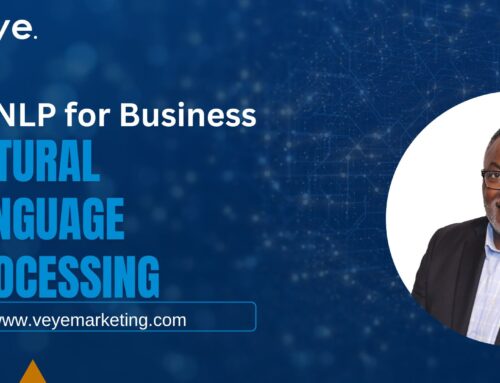
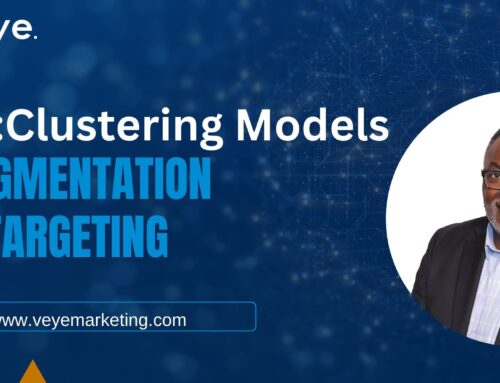
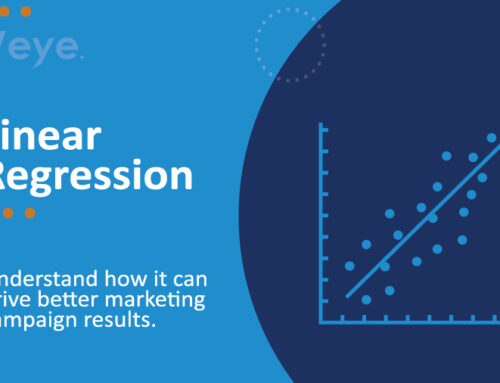
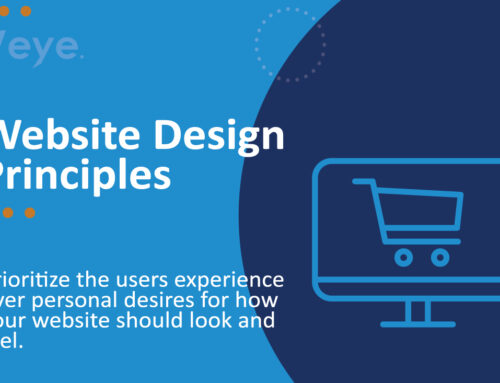
Leave A Comment
You must be logged in to post a comment.